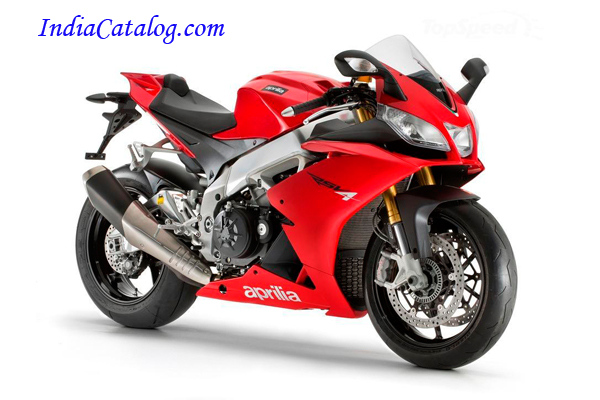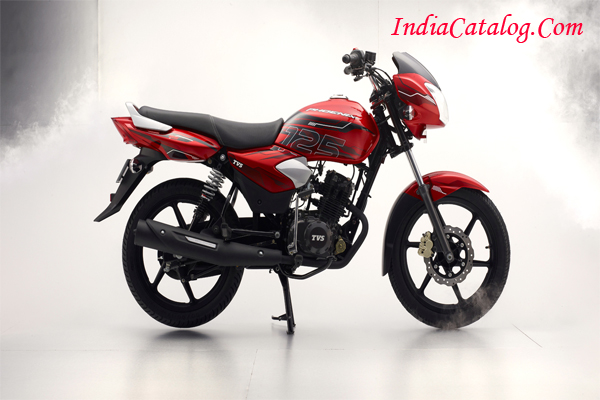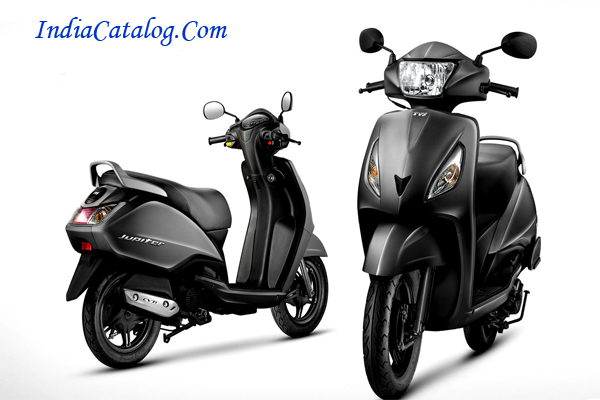NASA awards $30,000 to winners of 'Space Poop Challenge'
.jpg)
NASA has awarded $30,000 to three winners for designing new human waste management systems that would let astronauts urinate and defecate inside their spacesuit for up to six days.
The top award of $15,000 for the Space Poop Challenge, went to Thatcher Cardon, a physician from the US, for his design of the MACES perineal access and toileting system (M-PATS).
Team Space Poop Unification of Doctors (SPUDs) won the second prize of $10,000 for their Air-powered Spacesuit Waste Disposal System.
Hugo Shelley from the UK won the $5,000 award for designing SWIMSuit - zero gravity underwear for 6-day-use.
Spacesuits provide a self-contained life support system and are worn for launch and entry activities, as well as spacewalks, to protect the crew from the harsh environment of space and any unforeseen circumstances.
As astronauts travel farther into the solar system, explorers may need to remain in their suits for several days.
Currently, astronauts living aboard the International Space Station (ISS) typically wear a suit for several hours during launch or landing, and the crew can return to Earth in a few hours or less if necessary.
For these occasions, astronauts wear a waste collection garment, similar to a diaper, under their spacesuits if they need to relieve themselves.
However, the diaper is a temporary solution that does not provide a healthy option to protect astronauts for longer than one day.
This challenge sought solutions for faecal, urine, and menstrual management systems for the crew's launch and entry suits over up to 144 continuous hours, or six days.
"The ability to protect the crew while in a pressurised suit for such an emergency situation is one that has never before been tested in space and is critical for crew health," said Kirstyn Johnson, spacesuit engineer at NASA's Johnson Space Centre in Houston.
"It was invigorating to see the number of people interested and engaged in the challenge. From here, we'll be able to use aspects of the winning designs to develop future waste management systems for use in the suit," said Johnson.
The life support systems in spacesuits protect astronauts from many dangers, including a loss of cabin pressure inside the spacecraft, making it a necessary that a waste management solution must function without opening the suit.
The system must also be suitable for astronauts of both sexes and hands-free in the conditions of space - where solids, fluids, and gases float around in microgravity and don't necessarily mix or act the way they would on Earth.
The judges selected the winners that were most promising for implementation with technology that engineers could potentially develop in the next three or four years.
NASA engineers are in the early stages of suit system design for deep space and will test and develop different options before the agency settles on a final design for the suit systems, including waste management.

.webp)
.webp)
.webp)
.webp)
.webp)
.webp)
.webp)
.webp)
.webp)
.webp)














